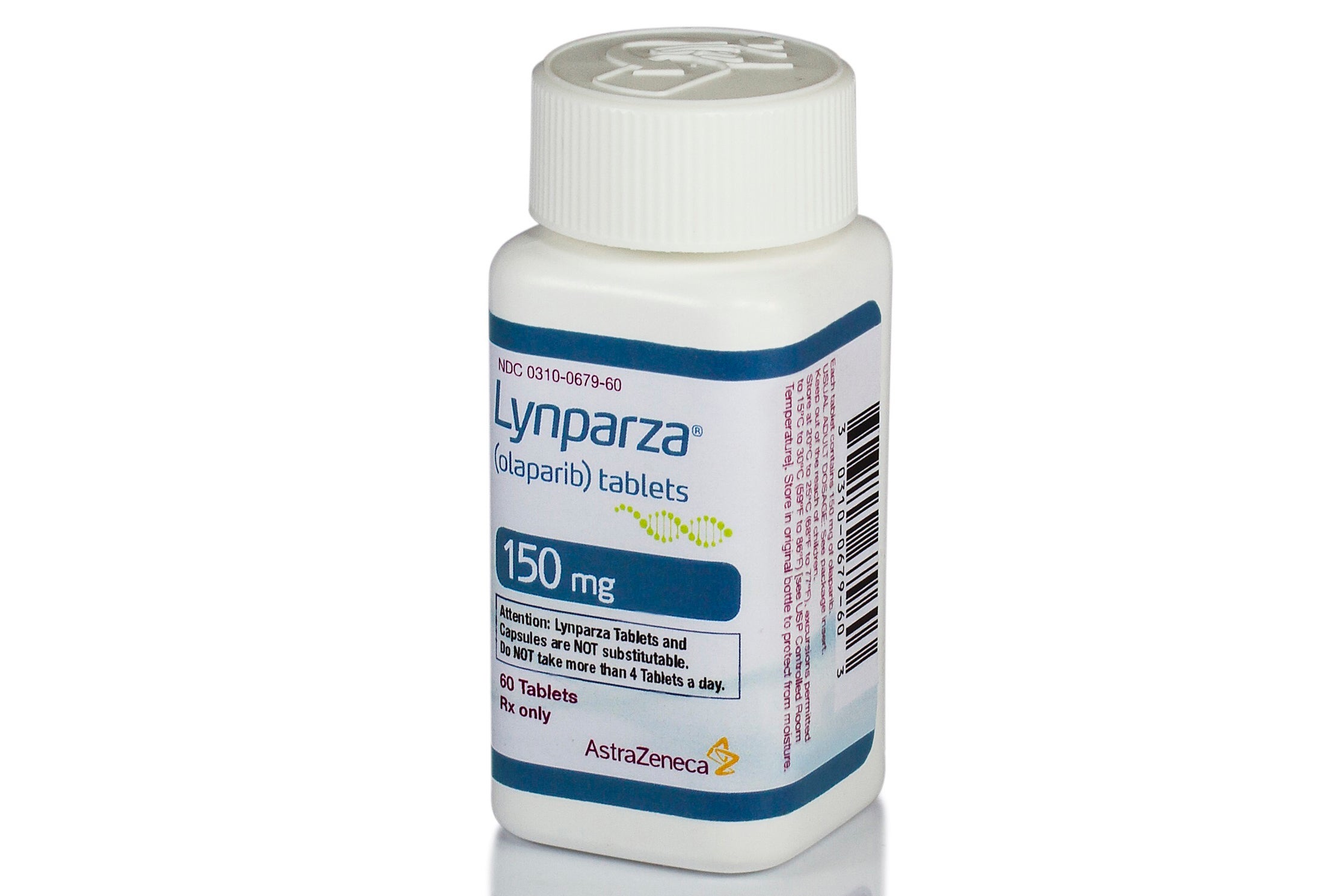Pill shows benefit in certain hard-to-treat breast cancers
A pill has been shown to help keep certain early-stage, hard-to-treat breast cancers at bay after initial treatment

Your support helps us to tell the story
From reproductive rights to climate change to Big Tech, The Independent is on the ground when the story is developing. Whether it's investigating the financials of Elon Musk's pro-Trump PAC or producing our latest documentary, 'The A Word', which shines a light on the American women fighting for reproductive rights, we know how important it is to parse out the facts from the messaging.
At such a critical moment in US history, we need reporters on the ground. Your donation allows us to keep sending journalists to speak to both sides of the story.
The Independent is trusted by Americans across the entire political spectrum. And unlike many other quality news outlets, we choose not to lock Americans out of our reporting and analysis with paywalls. We believe quality journalism should be available to everyone, paid for by those who can afford it.
Your support makes all the difference.A pill has been shown to help keep certain early-stage, hard-to-treat breast cancers at bay after initial treatment in findings being reported early because they are so promising.
Study results were released Thursday by the American Society of Clinical Oncology ahead of its annual meeting and published in the New England Journal of Medicine.
The pill, called Lynparza, was found to help breast cancer patients with harmful mutations live longer without disease after their cancers had been treated with standard surgery and chemotherapy.
It was studied in patients with mutations in genes known as BRCA1 and BRCA2 that can predispose people to breast cancer if they don't work properly, but who did not have a gene flaw that can be targeted by the drug Herceptin.
Most patients in the study also had tumors that were not fueled by the hormones estrogen or progesterone. Cancers not fueled by these two hormones or by the gene Herceptin targets are called “triple negative.” They are especially hard to treat.
The new study tested Lynparza in 1,836 women and men with early-stage disease who were given the drug or placebo pills for one year after surgery and chemotherapy. About 82% of patients in the study had triple-negative breast cancer.
Independent monitors advised releasing the results after seeing clear benefit from Lynparza. After three years, 86% of patients on it were alive without their cancer recurring compared to 77% in the placebo group.
The results suggest more patients should get their tumors tested for BRCA mutations to help guide treatment decisions, said ASCO president Dr. Lori Pierce, a cancer radiation specialist at the University of Michigan
Serious side effects were not more common with the drug. Other side effects included anemia, fatigue and blood cell count abnormalities.
Lynparza, which is marketed by AstraZeneca and Merck is already sold in the United States and elsewhere for treating breast cancers that have widely spread and for treating certain cancers of the ovaries, prostate and pancreas. It costs roughly $14,000 per month, though what patients pay out of pocket varies depending on income, insurance and other factors.
The study was supported by AstraZeneca and the National Cancer Institute.
___
The Associated Press Health and Science Department receives support from the Howard Hughes Medical Institute’s Department of Science Education. The AP is solely responsible for all content.